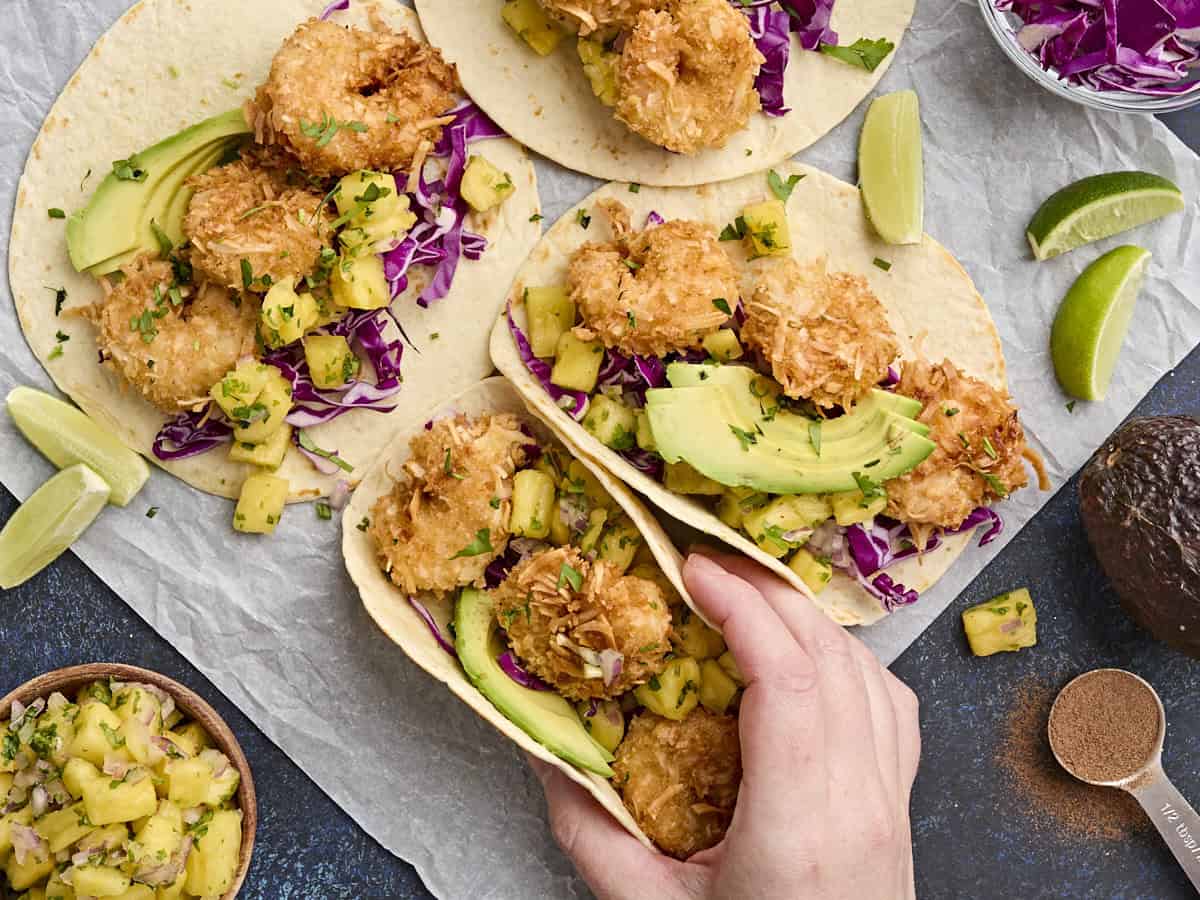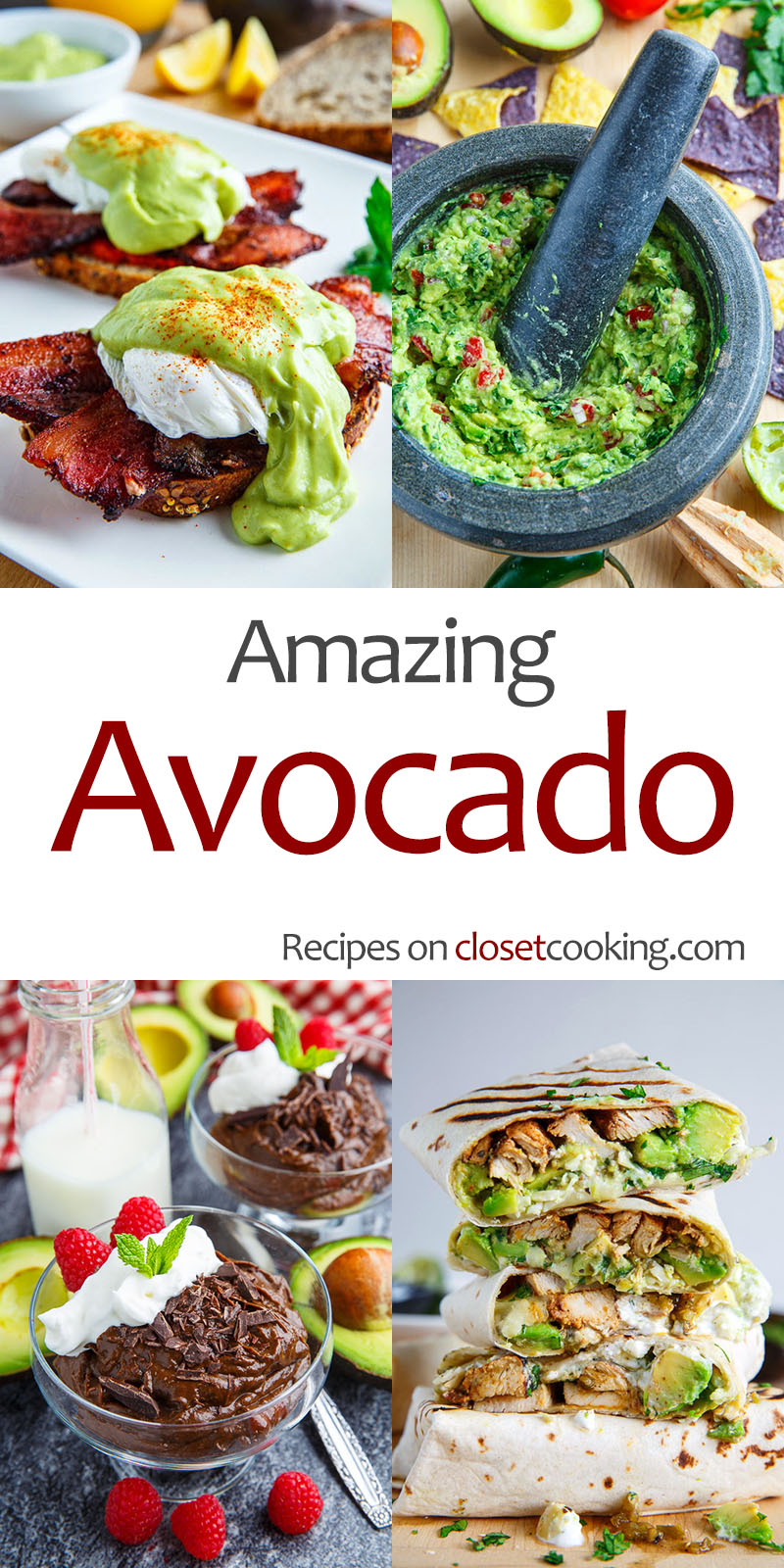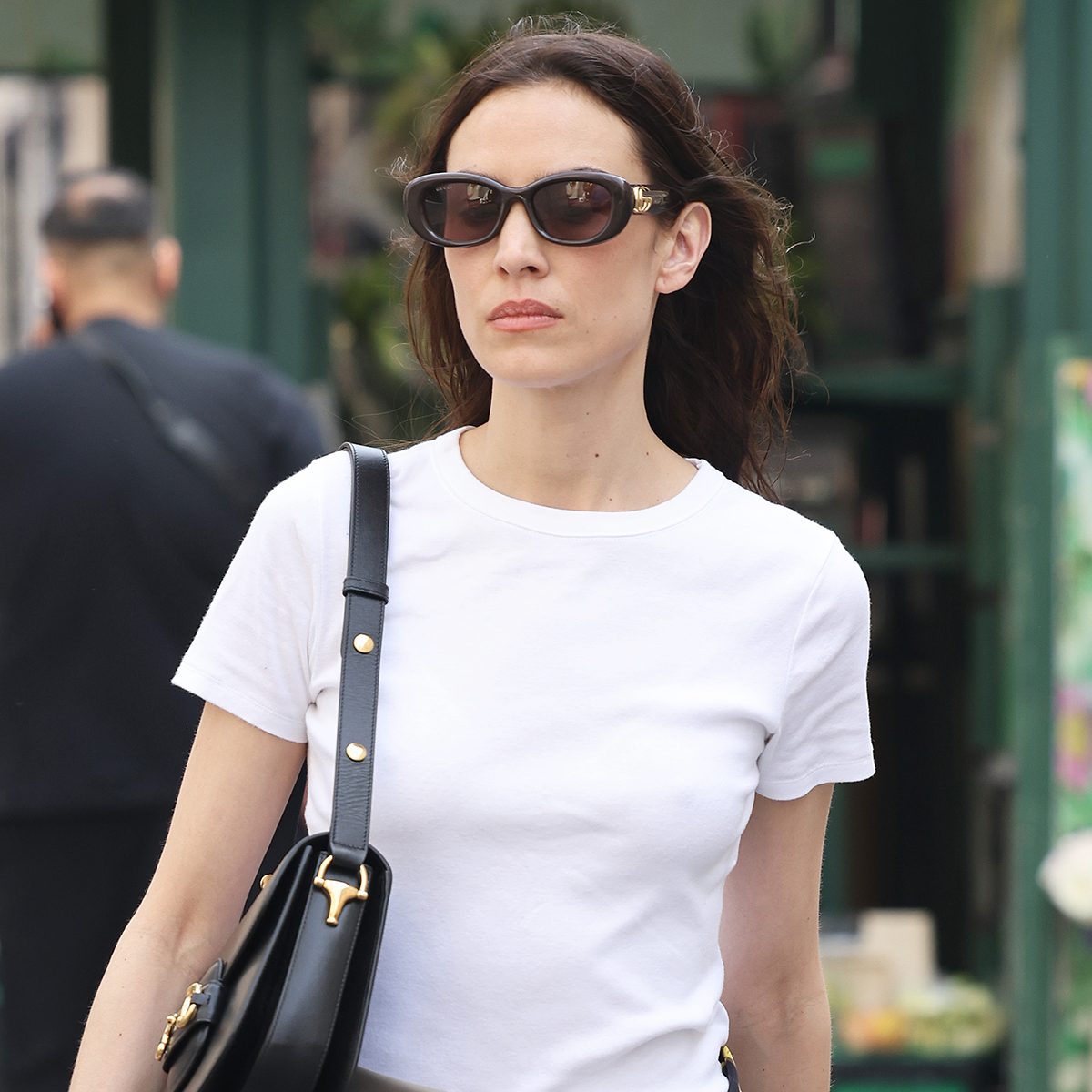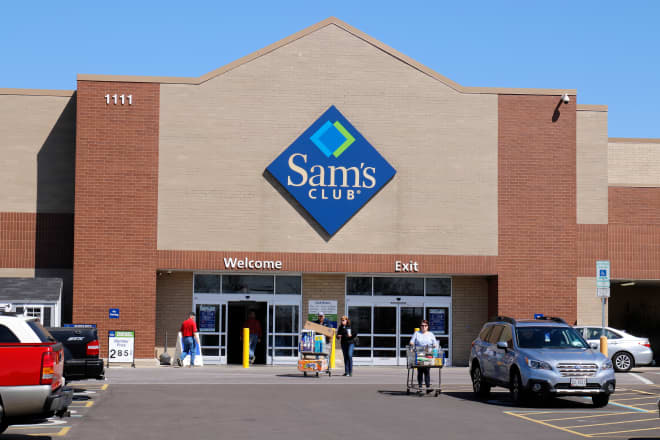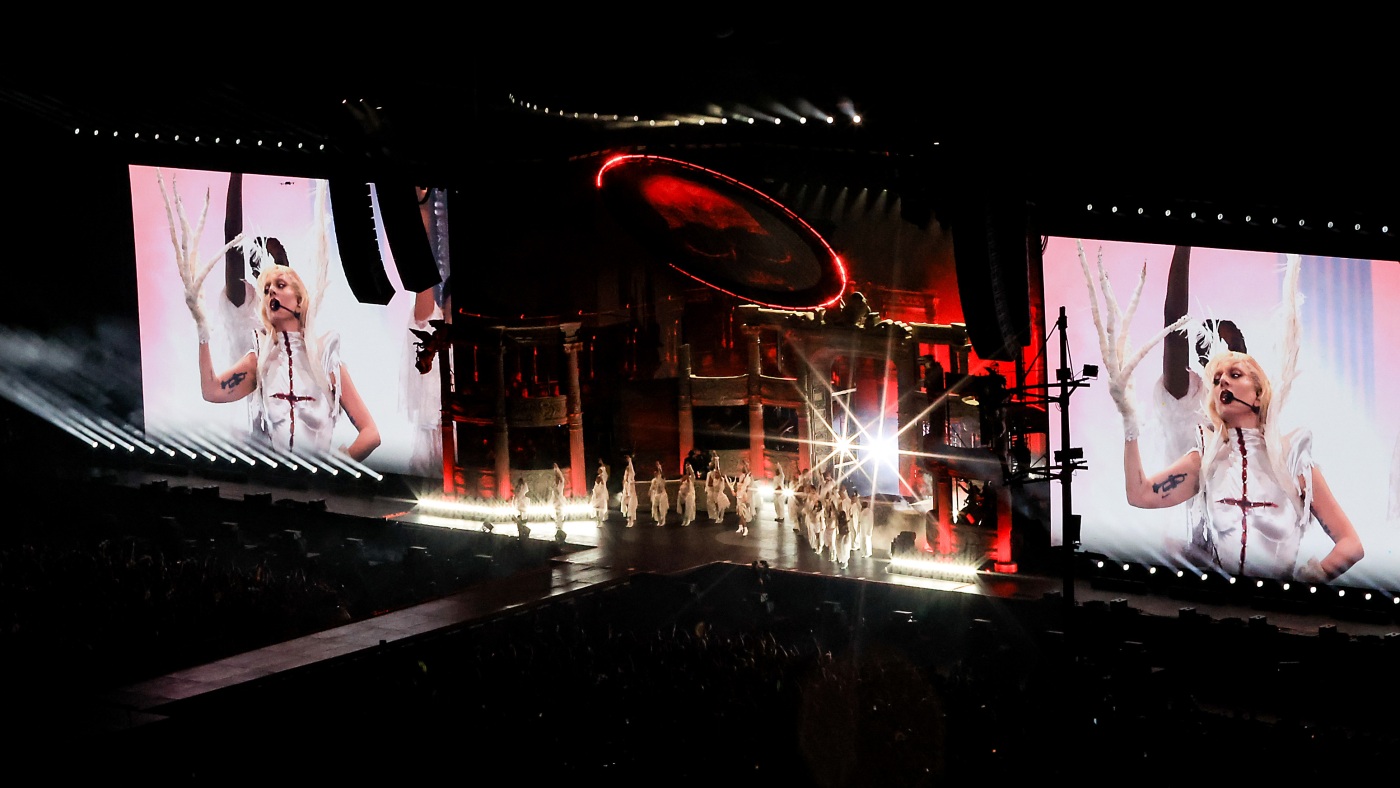Meet the Woman Sustainably Diving for Some of the Best Uni in the World
The waters off of Santa Barbara have some of the most cherished uni.
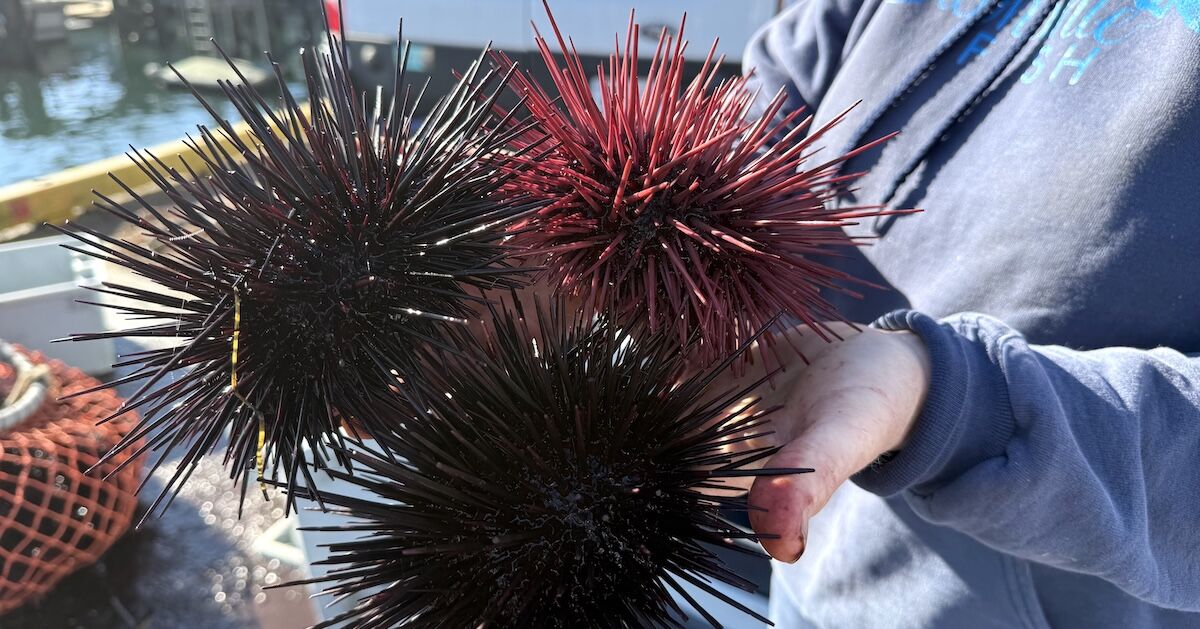
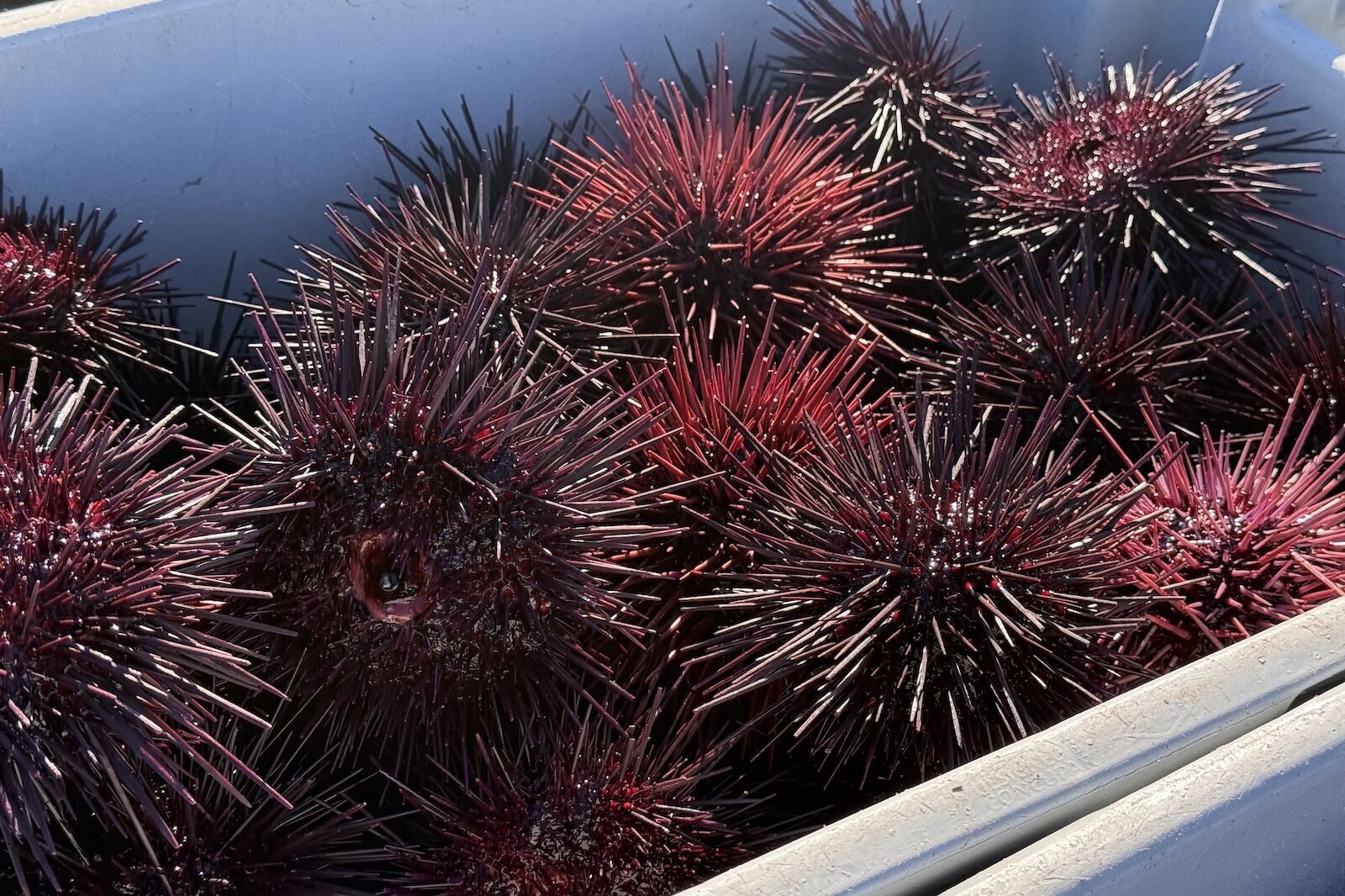
The uni from Santa Barbara, California, is often regarded as some of the best in the world. This meat from local sea urchins is prized for a concept chefs call merroir: the oceanic equivalent of terroir, or taste of a place. Cold, nutrient-rich waters in the Santa Barbara Channel nourish kelp forests that urchins feed on, producing creamy, golden uni that’s served in casual dining spots and Michelin-starred restaurants alike.
But behind the luxury is a fragile ecosystem. The collapse of sea star populations — specifically the Pycnopodia species — has allowed purple sea urchins, which less desirable from a culinary perspective and more destructive, to overrun kelp forests. Without predators, these urchins decimate young kelp, threatening the entire marine food chain.
Stephanie Mutz, California’s only female commercial sea urchin diver, is helping shape the state’s tightly regulated sea urchin industry. Commercial sea urchin diving in California is a field largely dominated by older men. With only 300 state-issued permits — most held by divers in their 60s — the profession is not only graying, it’s becoming nearly impenetrable to newcomers due to a permit lottery system that allows just one new diver in for every 11 who exit.
Michael Motamedi and Vanessa Salas spoke with Mutz in Santa Barbara for the Matador Network podcast No Fixed Address. Trained as a marine biologist and educator, Mutz shifted her career from academia to the sea, drawn by both purpose and the freedom of underwater work. “I function better underwater than I do on land,” she tells the hosts.
In a field driven by volume and middlemen, Mutz created a supply chain of one. She harvests red sea urchins — the prized variety found in sushi bars — and sells them live, directly to chefs and consumers. Her careful handling (she calls her urchins “princesses”) and close chef collaborations have helped Mutz build a name in the California seafood industry.
“I’m not looking for new customers,” she says. “I’m looking for better ones.”
Mutz also stands out for her work helping to create a more sustainable uni source. Working with abalone farms, she feeds purple urchins nutrient-rich kelp, reconditioning them into high-quality seafood while helping control the purple urchin population. It’s a win-win: waste becomes revenue, and divers help restore balance to the ocean floor.
Though Mutz spends much of her time underwater, her business is firmly anchored in relationships. She teaches environmental science online part-time, speaks candidly about sustainability challenges, and views chefs not as clients but as collaborators.
“Beyond seafood, it’s about how we choose to live,” she explains. ![]()




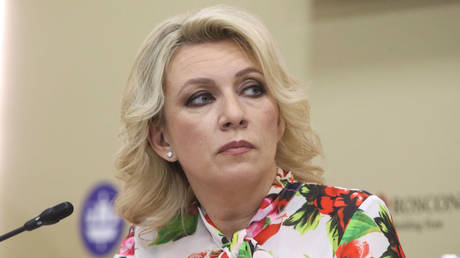

















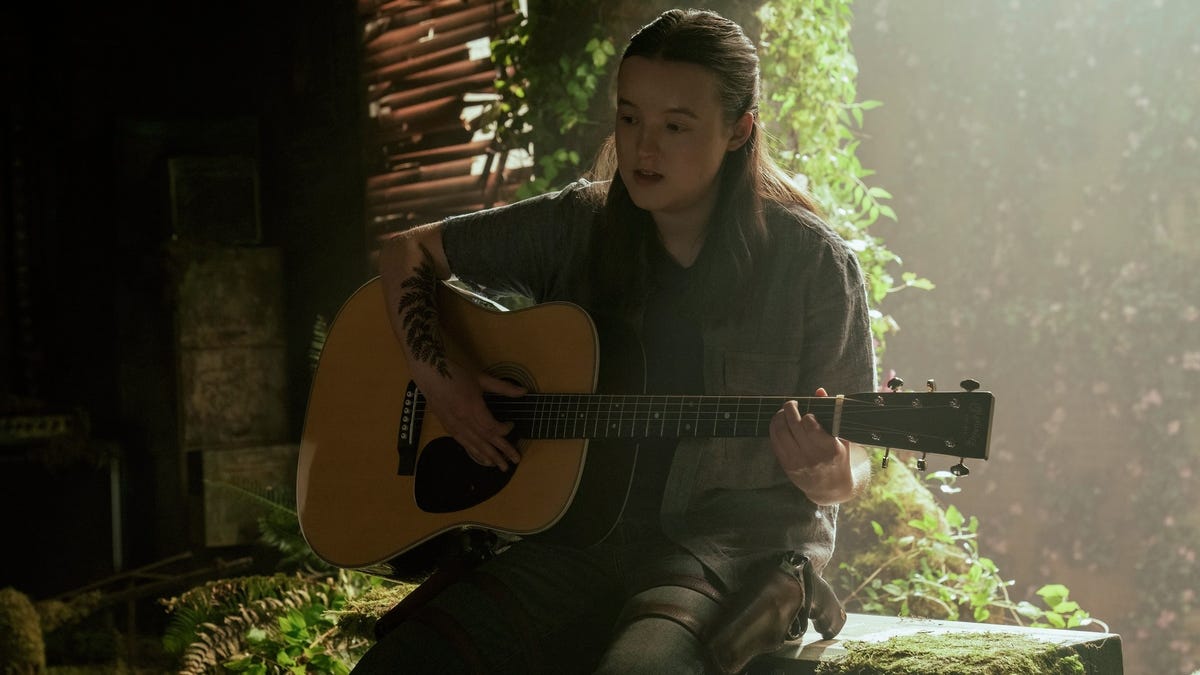




















![2025 Best Credit Card Bonus Offers [May]](https://viewfromthewing.com/wp-content/uploads/2015/03/credit-cards.jpg?#)



